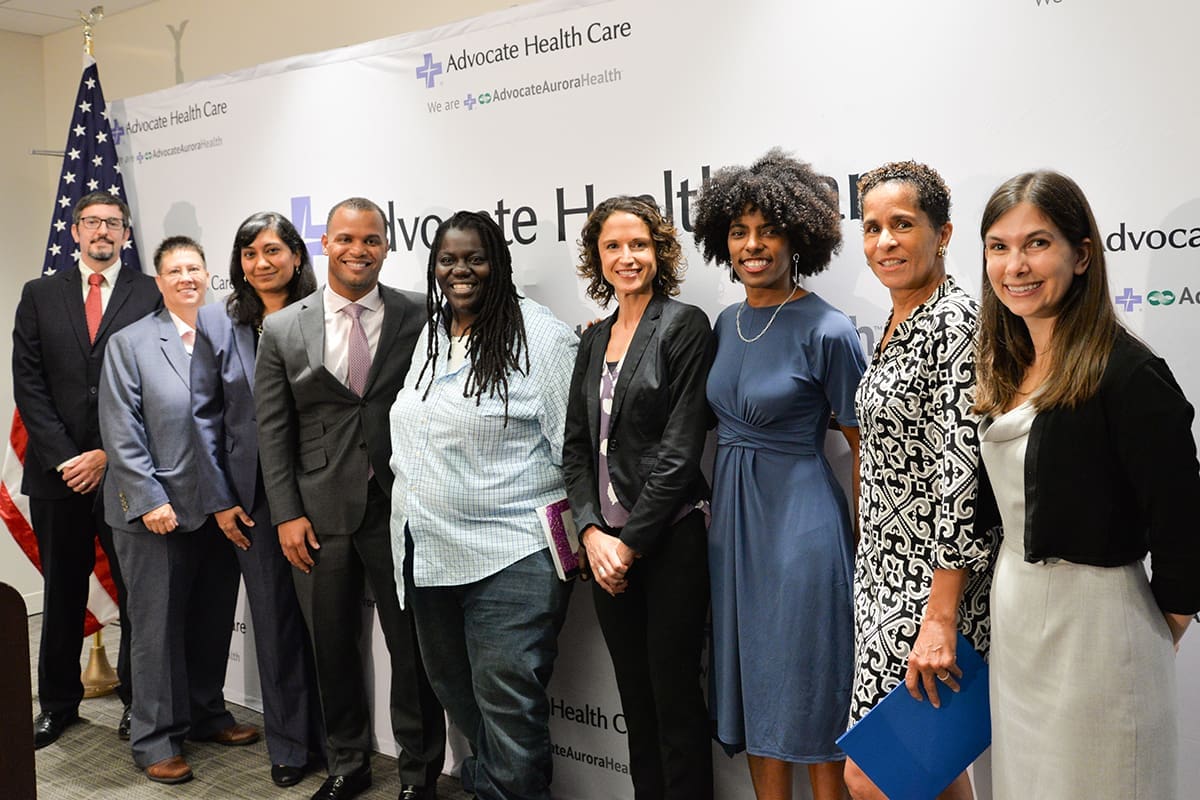CHICAGO — AIDS Foundation of Chicago (AFC) and its allies in the public health field arena urge Illinois legislators to prevent major program cuts — including a massive $4 million cut to critical HIV/AIDS services for people in Illinois — by extending a temporary state income tax rate.
This month, Illinois state legislators are faced with the question of whether to make permanent a 5% state income tax rate, which was increased temporarily from 3.75% in 2011. Not doing so would decrease Illinois state revenue by approximately $1.5 billion in 2015, forcing sweeping and devastating cuts to vital services, including access to HIV/AIDS medication, support for mental health and developmental disabilities, housing, senior citizen care and more.
“Cutting $4 million from Illinois’ HIV/AIDS services budget means that hundreds of people will lose access to the medications that keeps them alive,” said John Peller, interim president/CEO of AFC. “Legislators need to know that without extending the current tax rates, we will most certainly see more people with HIV in the hospital as well as higher rates of new HIV cases in the community.”
HIV/AIDS medication support through the AIDS Drug Assistance Program isn’t the only essential service that would be cut without this extension — funding for HIV testing, prevention services, linked care programs, and outreach to young people in Illinois (where increases in HIV transmission are highest) would be significantly impacted by the $4 million cut.
If the current tax rates are not extended, state funding for HIV services will be cut from $25 million to nearly $21 million, according to an outline released by Illinois Governor Pat Quinn. That would amount to a nearly 30% funding cut since 2011. Governor Quinn has strongly supported extending current tax rates to avert this and other devastating funding cuts.
“We need supporters of equal access to health care to reach out to their Illinois state representatives and tell them that cutting services to people living with HIV/AIDS is unjust and unnecessary,” said Peller.



